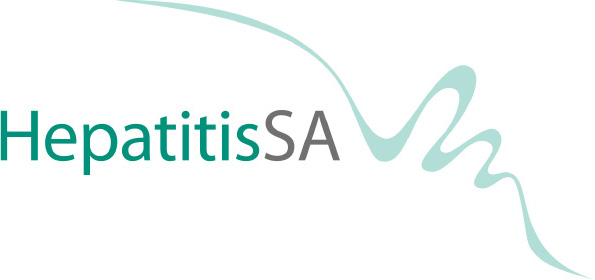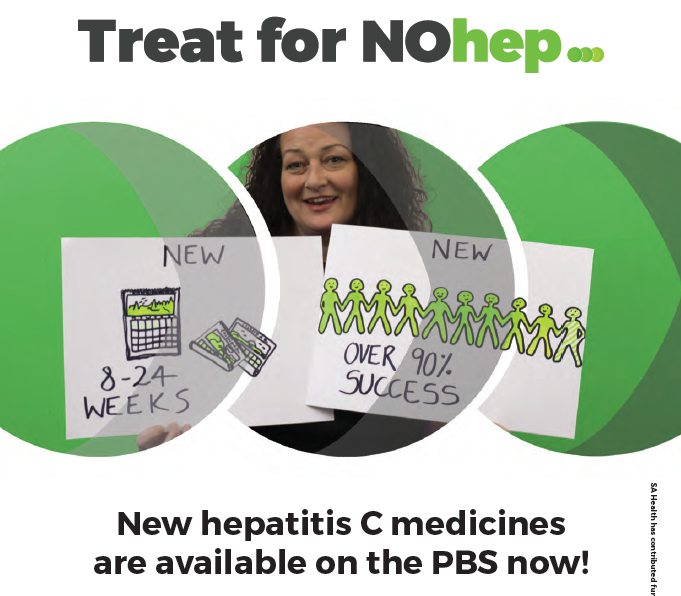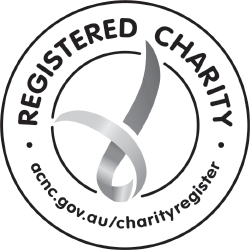Australia is on track to eliminate hepatitis C in ten years if record numbers of people living with the virus continue to seek and receive breakthrough antiviral treatment, according to a new analysis released on World Hepatitis Day.
Data from the Kirby Institute at UNSW Australia reveals that since new generation hepatitis C cures were made available on the Pharmaceutical Benefits Schemes five months ago, 22,470 Australians have already commenced treatment - a massive increase on the 2,000-3,000 people with hepatitis C treated annually prior to the listing.
Professor Greg Dore from the Kirby Institute said, "Australia is leading the world in the treatment of hepatitis C, with the most rapid uptake of new treatments seen anywhere in the world, thanks to the unique approach Australia has taken in making these medicines available without restriction.
"This represents a huge leap forward in public health. To put this into perspective, we are on track to cure more people with hepatitis C this year than in the past twenty years of interferon-therapy," he said.
Hepatitis Australia CEO, Helen Tyrrell said that the wave of people who had been treated was "frankly phenomenal" but that Australia must keep up the momentum in order to make the elimination of hepatitis C a reality within a decade in Australia.
"Governments, along with the health and community sector, should be applauded for the record number of people with hepatitis C coming forward for treatment so far, but of course these efforts must be sustained over many years to reach everyone who would benefit," Ms Tyrrell said.
"The message for the 230,000 Australians living with hepatitis C is: Ask your doctor about new hepatitis C cures. Don't miss out. You can be cured in as little as 12 weeks and with far fewer side-effects than previous treatments," Ms Tyrrell urged.
The Department of Health estimated that 62,000 people would be treated with the new antivirals in five years, however if high treatment rates continue, experts believe this goal could be reached by the end of 2017.
Importantly, there is no limit on the number of patients who can be treated. "This is a huge achievement and testament to the critical role of GPs who can prescribe hepatitis C medicines for the first time -and the vision of the Australian Government in making these therapies available without restriction," Ms Tyrre!ll explained.
"The great news for the public purse is that the amount of money paid for these medicines is capped, so the more people treated over the next five years the better," she said.
Professor Greg Dare said, "Treatment for hepatitis C is vital to prevent liver damage which can lead to liver cancer, liver cirrhosis and liver failure-and treatment is now better and easier than ever.
"If you've ever been exposed to the hepatitis C virus, or if you've been told you're living with the virus, speak to your doctor about a liver check-p and make sure you benefit from the new cures," Professor Dare said.



